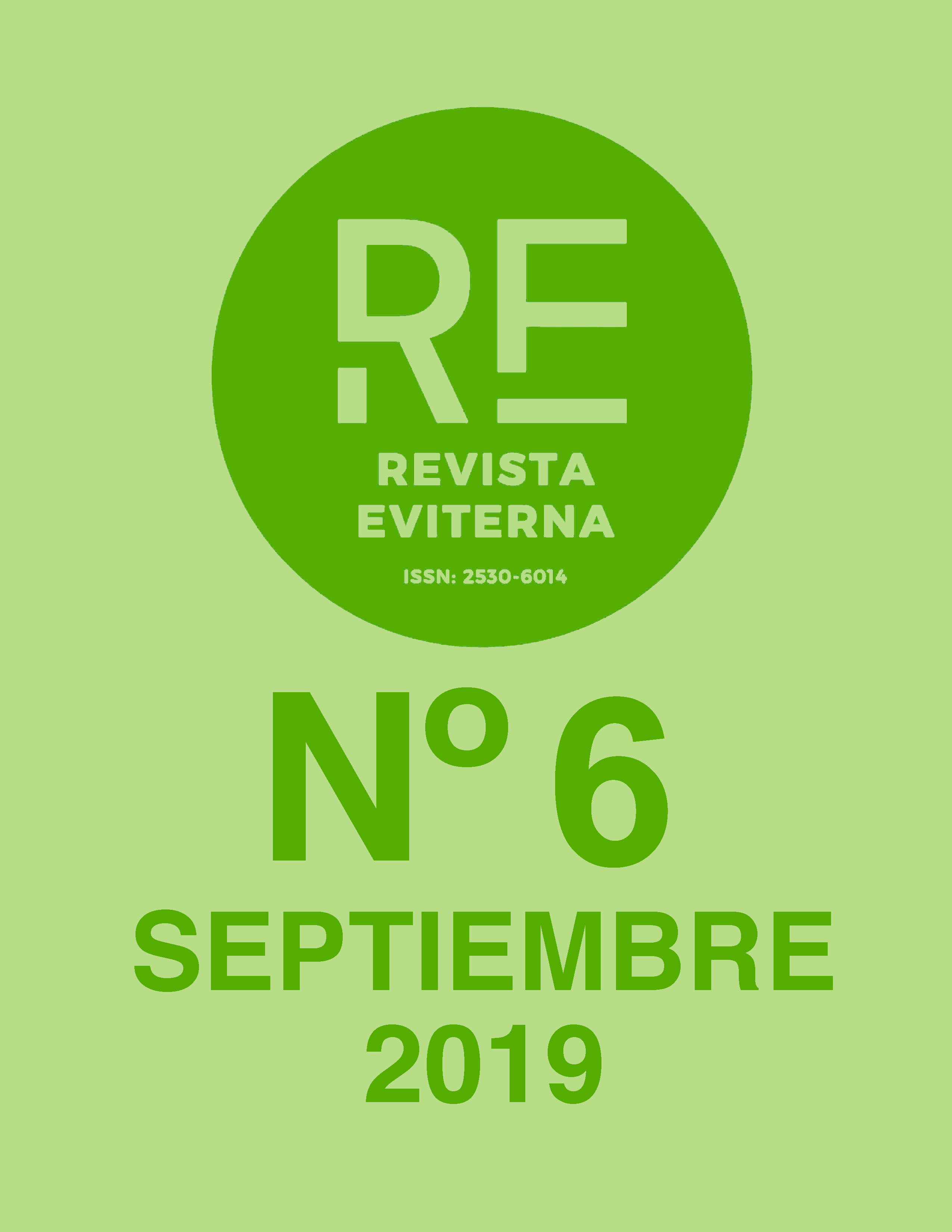Falocentrism in Puerto Rican literature of the first decade of the twentieth century: ... And Julia de Burgos?
DOI:
https://doi.org/10.24310/Eviternare.v0i6.8045Keywords:
Literature; Puerto Rico; Julia de Burgos; Female authors; CanonAbstract
Throughout the following lines we aim to answer why the Puerto Rican history of literature has always been predominantely male in spite of the existence of female writers during the first half-century of the 20th century. Thus, the deep analysis of the Puerto Rican literature written in the 1930 and 1940s, the literary canon and the lack of female names into it, especially Julia de Burgos, whose work has been relevant enough for the academics to review literature histories to make a change in order to add the missing females names into antologies.
Downloads
Metrics
Publication Facts
Reviewer profiles N/A
Author statements
Indexed in
-
—
- Academic society
- N/A
- Publisher
- Universidad de Málaga
References
BASÁÑEZ BARRIO, Endika (2017), “Una revisión histórico-política de la producción literaria puertorriqueña. Entrevista con Fernando Feliú Matilla”, Kamchatka. Revista de análisis cultural, nº 9, pp. 207-222.
- “A political and historical review on 1940-1950 Puerto Rican writers’ generation: Insullarism, male-domination, intertextuality and American colonialism. Interview with Federico de Onis Seminar researcher Mario O. Ayala”, A contracorriente. Una revista de Estudios Latinoamericanos (aceptado).
GELPÍ, Juan (1993). Literatura y Paternalismo en Puerto Rico. Universidad de Puerto Rico: San Juan.
LUIS, William (1994), “The Short Story in the Hispanic Antilles”, A History of Literature in the Caribbean: Hispanic and francophone regions, John Benjamins Publishing Company: Filadelfia.
PALMER-LÓPEZ, Sandra (2002), “Rosario Ferré y la Generación del 70: Evolución estética y literaria”, Acta Literaria, nº 27, pp. 157-169.
PÉREZ ROSARIO, Vanessa (2014). Becoming Julia de Burgos: The Making of a Puerto Rican Icon. University of Illinois Press: Champaign.
PUPPO, María Alicia y Alicia Salomone (2017), “Para entrar a una misma”: la espacialización de la subjetividad en la Poesía de Julia de Burgos”, Anclajes, nº 3, pp.61-76.
Downloads
Published
How to Cite
Issue
Section
License
All the contents published in Revista Eviterna are subject to the Creative Commons Reconocimento-NoComercia-Compartirigual 4.0 license, the full text of which can be found at <http://creativecommons.org/licenses/by-nc-sa/4.0>
They may be copied, used, disseminated, transmitted and publicly exposed, provided that:
The authorship and original source of your publication (Journal, editorial and URL of the work) are cited.
They are not used for commercial purposes.
The existence and specifications of this use license are mentioned.

Copyright is of two kinds: moral rights and patrimonial rights. Moral rights are perpetual, inalienable, inalienable, inalienable, inalienable and imprescriptible prerogatives.
In accordance with copyright legislation, Revista Eviterna recognizes and respects the moral rights of the authors, as well as the ownership of the economic right, which will be transferred to the University of Malaga for dissemination in open access.
The economic rights refer to the benefits obtained by the use or disclosure of the works. Revista Eviterna is published in open access and is exclusively authorized to carry out or authorize by any means the use, distribution, disclosure, reproduction, adaptation, translation or transformation of the work.
It is the responsibility of the authors to obtain the necessary permissions of the images that are subject to copyright.







12.png)



